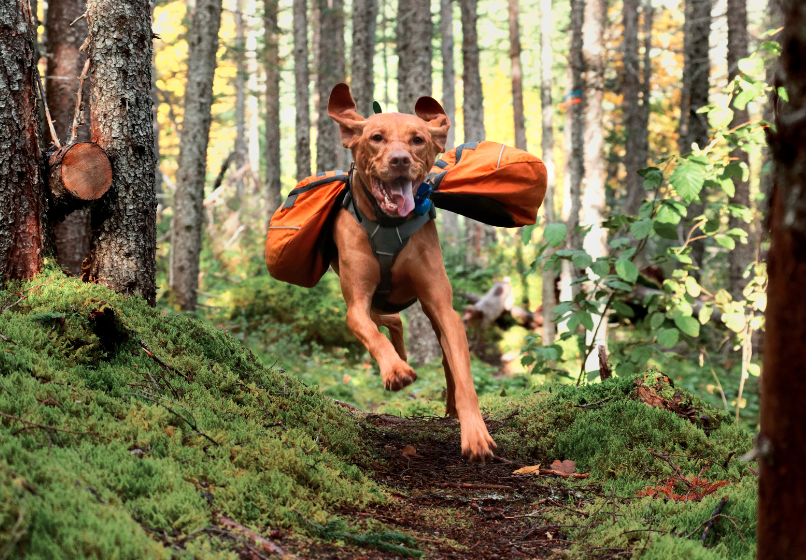If you have pets, big or small, there’s no doubt that they are part of your family. You have already included them in your home emergency plan, completed the new PreparedBC pet emergency plan and packed their grab-and-go bags so everyone is all set in case of an Evacuation Alert or Evacuation Order, right?
Here are some additional things you can do to help your pets when things are rapidly changing in their environment, stress levels are high and getting to a safe destination may take extra time and effort.
Get ready now
- Consider multiple options for providing care for your pets as shelters may have limited space or you may not be able to keep them at emergency reception centres. Talk with friends or family that might be able to help.
- Have a back-up plan if you are unable to get home. Find a neighbour or friend who can come and get your pets. Let them know where their favorite napping or hiding places are.
- Get a window sticker or make a sign that lists all your pets: what type of animal they are and their names. This helps first responders when they come to your home to make sure everyone has gotten out safely.
- Make sure you have proper transportation, like carriers, travel cages, x-pens or trailers. Or find a friend or neighbour who can help.
- Register your pet with the BC Pet Registry. Make sure they have some sort of identification like tags, tattoos, microchips or brands. Put their name, your name and contact number on all — collars, harnesses, leashes, halters, leads and carriers.
- Take current photos of each pet, from all views: front, back and above. Identify any special markings. This is important if you get separated.

Practice makes it easier
During an emergency you’ll have to get your animal ready to go, so help them learn to feel comfortable in their carrier, x-pen, corral or other portable enclosure. Taking time now to prepare and practice will make things go smoother.
- Practice getting your pet(s) in and out of the vehicle you will use at all times of the day, especially after dark. Take a ride or short trip to get them used to being transported. Use treats as a reward!
- Give them the chance to eat and drink from the collapsible bowls, tub, bucket, hay bag, etc. in their grab-and-go bags so it is not intimidating when the time comes.
- Check your evacuation route(s) to see if there is anything that may hinder your travel, especially if you plan to use a large RV or trailer.
- Get them used to being in a harness, on a leash or halter and lead. This will help if you need to stop along your evacuation route to let them out for a break. Yes, cats can be taught too!
- Check out a recent AdventureSmart webinar for additional tips.
If you get an Evacuation Alert
- Be ready to leave on short notice:
- Find and collect your pets now!
- Get dogs into the house or a secured yard.
- Put cats, bunnies, birds and other caged pets in a small secure area like a bathroom or bedroom.
- Corral or tie horses, goats and other large pets to a hitching post or other secure stationary object.
- If you have lots of animals, consider assigning each family member to a pet or type of pet.
- Collect all your pets’ grab-and-go bags or bins and put them by the door you will exit from, or in your vehicle.
- Make sure food for large pets is in your trailer or ready to be put in the transportation that has been arranged.
- Don’t forget the water — at least 3 days’ worth for every pet!
- Get a sign ready to put on every door to let first responders know whether or not all of your pets have gotten out safely.
- Stay informed about what is happening by listening to local sources of information or visiting EmergencyInfoBC.
If you receive an Evacuation Order
- You are at risk.
- You and your pets must leave the area immediately!
Taking these extra steps — and practicing them — can make it easier for you, your pets and first responders. It will also help you to remain calm and give you some peace of mind to focus on other things you may need to take care of to stay safe.
Additional resources:
Information and Support for Evacuees with Pets: 1-800-622-7722
